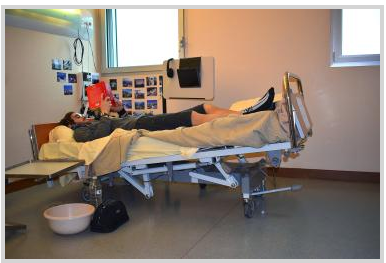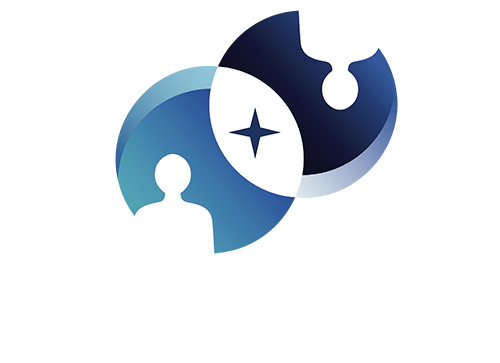Bed rest study “Cocktail” (2017)
Date :
2021
State of progress :
Ended
Objective :
Study of the effects of space flight on the human body
Partner :
ESA
Weightlessness simulation study carried out in 2017
For the purposes of space-related medical research, ten male volunteers are taking part in an extraordinary experiment at the MEDES Space Clinic: simulating and studying the effects of weightlessness on the human body!
Called “Cocktail,” the study is sponsored by CNES and ESA. It will last 3 months (including 60 days in bed) and take place over 2 campaigns, each involving 10 volunteers : from January to April and then from September to December 2017.
The aim of the study is to simulate conditions similar to those on manned space flights in order to test a prevention method intended to mitigate the adverse effects of weightlessness on the human body and prepare astronauts for their return to Earth.


Prevention method
This method consists of an antioxidant and anti-inflammatory food supplement (a mixture of natural polyphenolic extracts from edible plants) that the volunteers will have to take several times a day in the form of capsules. Half of the volunteers will take the food supplement and the other half will be used as a control group, which does not therefore take the cocktail of capsules.
16 European scientific teams are taking part in the experiment. They are interested in studying the changes induced by bed rest and the effects of the prevention method, which will be tested in the following areas: the metabolism, the cardiovascular system, muscles, bones, immunology, the neurosensory system and sleep.
The study lasts 3 months and takes place in 3 phases:
- 15 days of measurements on each volunteer before the bed rest
- 2 months of anti-orthostatic bed rest tilted at -6° (the head lower than the feet)
- 15 days of recovery during which new post-bed-rest measurements are collected making it possible to study the effects on the body of bed rest and the counter-measures by comparing them with the measurements made before the bed rest.
While this research is very useful for advancing space research, it also valuable for medicine on Earth. Indeed, subjecting healthy subjects to long periods of immobilisation with no physical activity allows scientists to have a better understanding of certain diseases such as obesity, diabetes or osteoporosis.
Why bed rest at -6°?
After several decades of practical studies, it has been determined that a -6° tilt (feet slightly above the head) corresponds to what an astronaut’s body experiences in a situation ofweightlessness. This position causes the bodily fluids to move to the upper part of the body, as observed in space. This makes it possible to simulate weightlessness while keeping the subject’s feet (almost) on Earth!

Nos actualités
Nos projets
Une question ?
Devenir volontaire ?
Nos études cliniques
Urgent ! Recrutement volontaires
